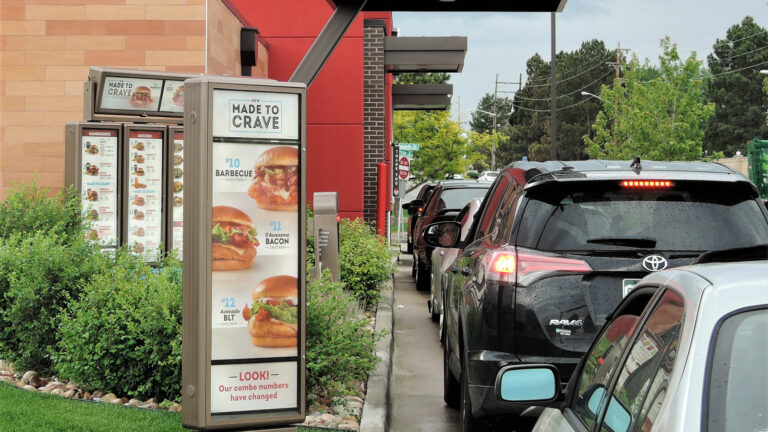
Wendy’s collaborates with Google Cloud to test AI technology for drive-thru ordering
Wendy’s has partnered with Google Cloud to pilot artificial intelligence (AI) technology at a company-operated drive-thru in June.

Wendy’s has partnered with Google Cloud to pilot artificial intelligence (AI) technology at a company-operated drive-thru in June.
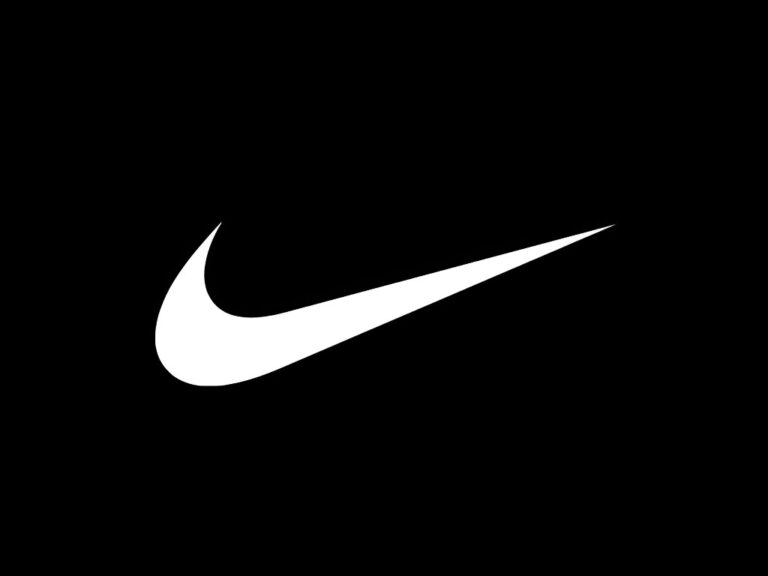
According to Daniel Heaf, Vice President of Nike Direct, omnichannel shoppers are “at least twice” as valuable as online-only shoppers for Nike.
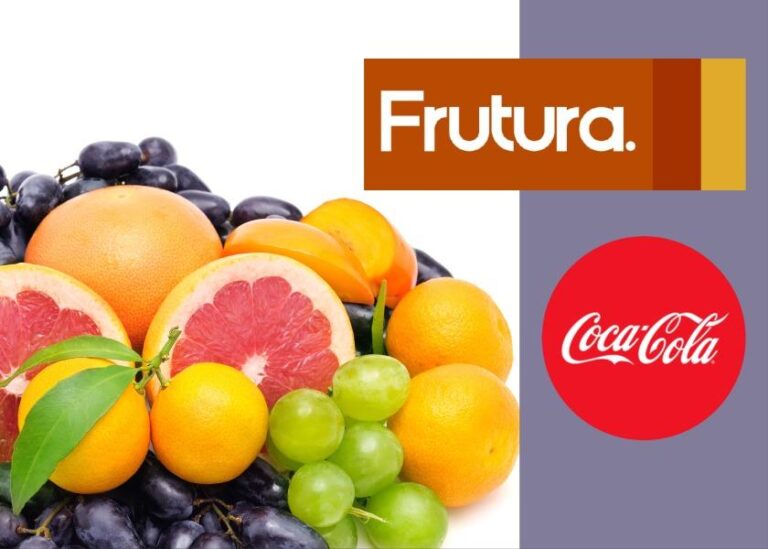
Coca-Cola has signed a deal with California-based sales and marketing network Frutura to license its Minute Maid and Simply Select brands for use on fresh fruit.
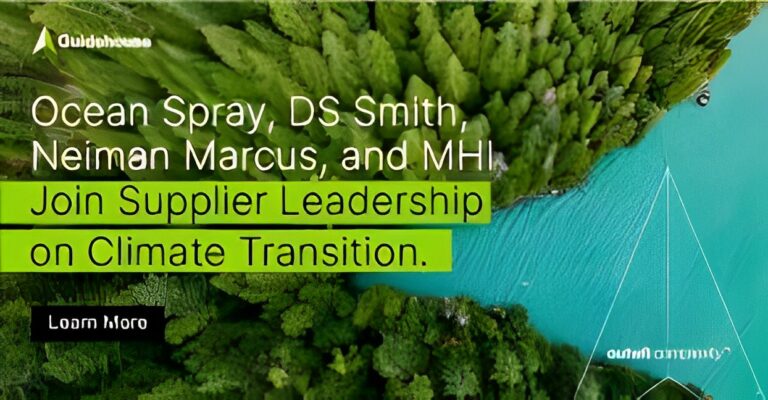
Juice maker Ocean Spray, luxury retailer Neiman Marcus, packaging and paper company DS Smith, and material handling trade association MHI have joined the Supplier Leadership on Climate Transition collaborative.
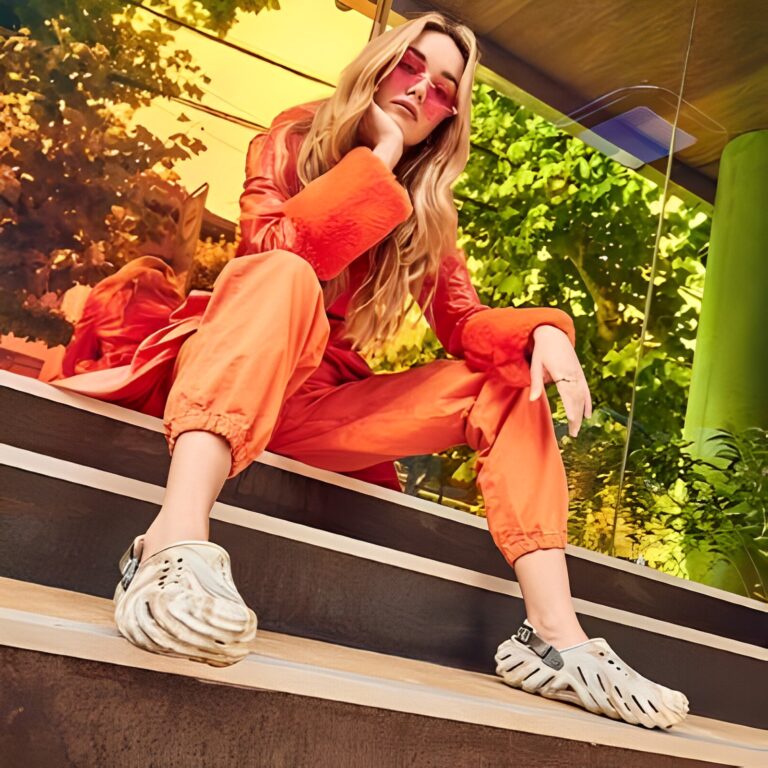
Crocs, the footwear retailer known for its clog shoes, reported revenue of $884.2 million for Q1 2023, a YoY rise of almost 34%, driven by strong brand strength and new product introductions.

Coty, a beauty company that owns brands like Marc Jacobs and Rimmel, has partnered with 3D social platform Spatial to create an internal metaverse for upskilling its global workforce.
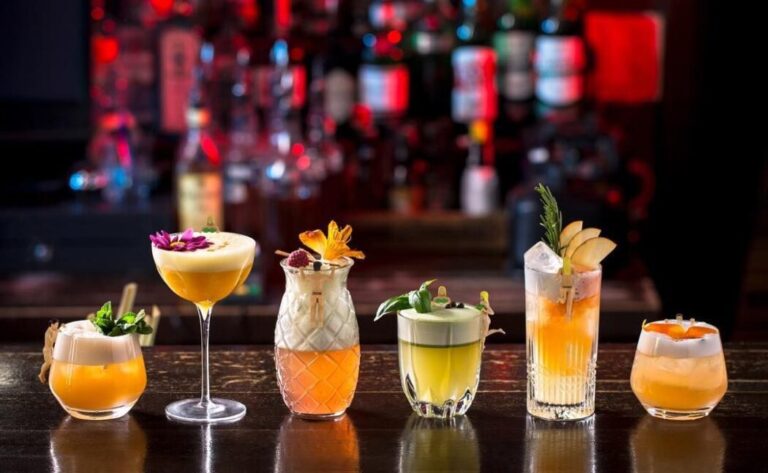
A San Francisco bar, Raven Bar, has created what it calls the first AI-created cocktail, ChatGPTini, on a bar menu in the city, using OpenAI’s ChatGPT language model.
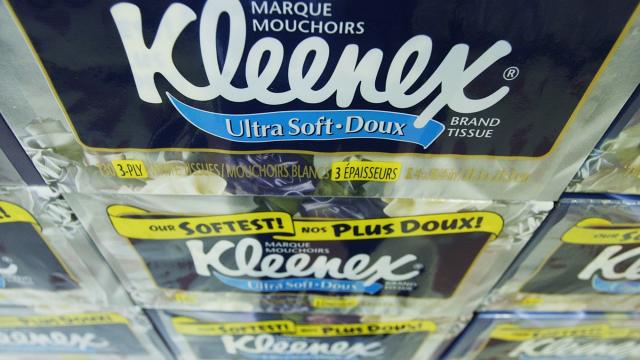
Kimberly-Clark, the consumer goods company behind brands including Kleenex and Huggies, has reduced daily variability by 40% by using an AI-enabled tool to improve distribution planning and deployment.
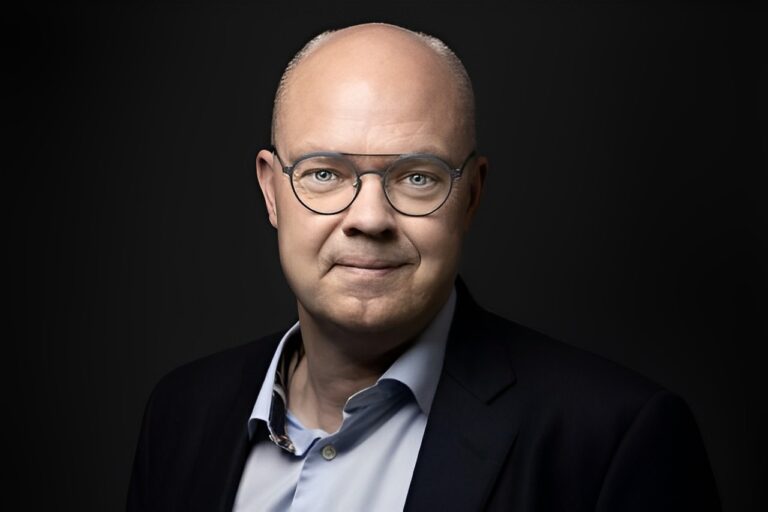
Poul Weihrauch, the new CEO of Mars, has said that companies have a “moral” duty to reduce their environmental footprint amid the ongoing battle against climate change.
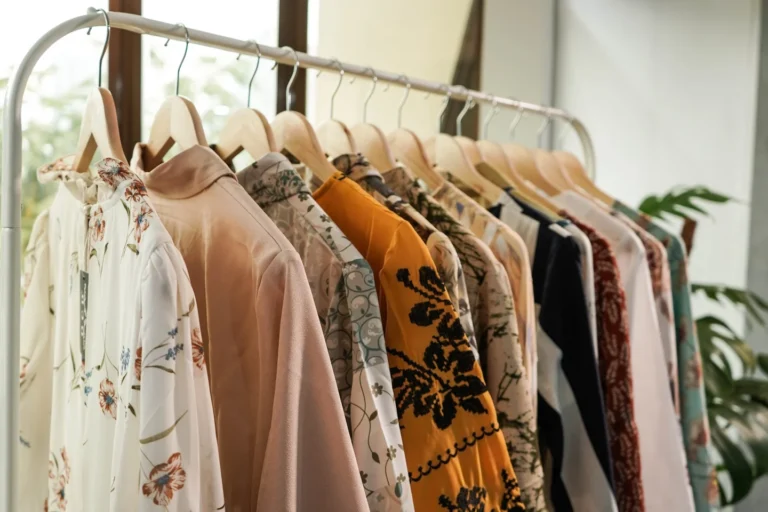
Resale is a niche market that is difficult to make profitable in the e-commerce space, according to experts.
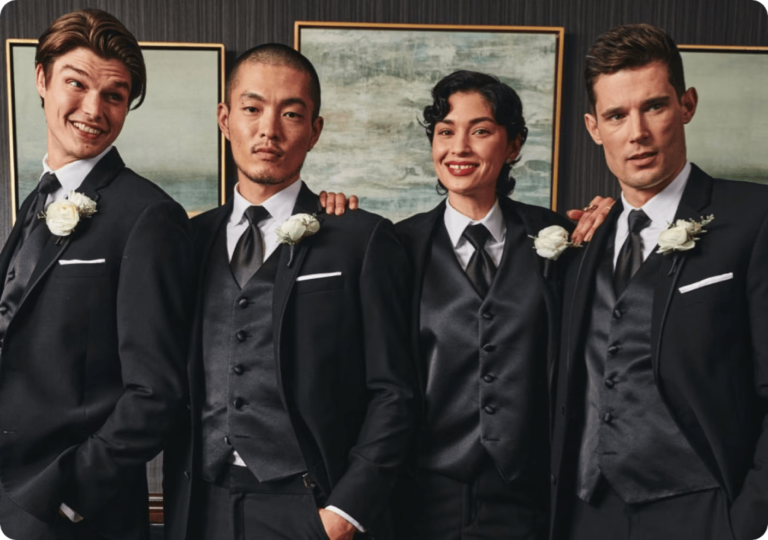
Specialty menswear and rental apparel retailer Men’s Wearhouse has launched an online concierge tool called Wedding Wingman to help grooms choose their wedding outfits.
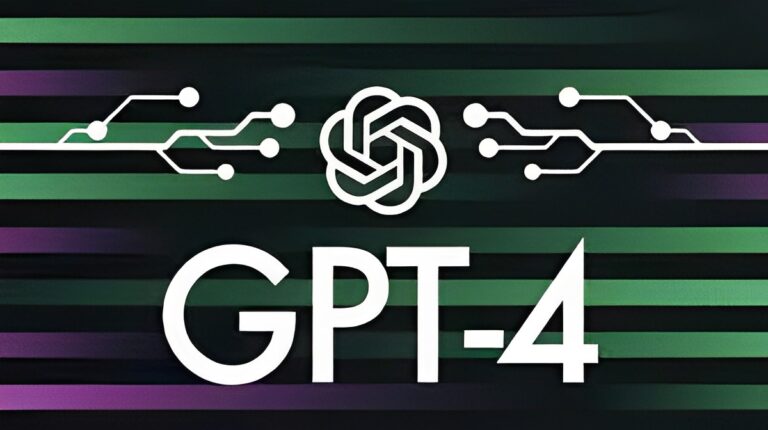
Consumer goods companies, including Nestle, General Mills, and AB InBev, are integrating an AI assistant that uses OpenAI’s GPT-4 language model for business intelligence discovery.
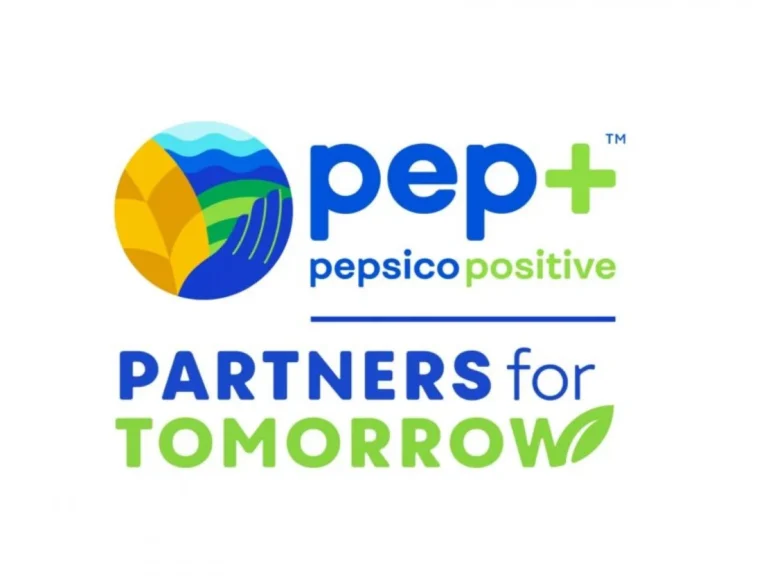
PepsiCo has launched pep+ Partners for Tomorrow, a digital platform to offer a range of sustainability solutions to its customers in the retail, foodservice and hospitality industries.
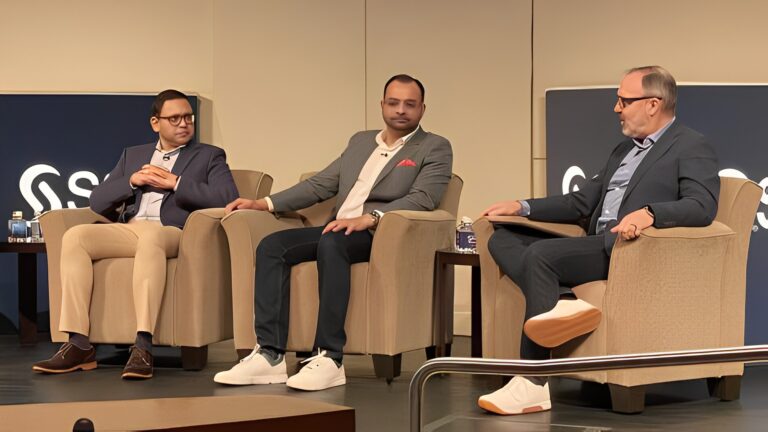
Consumer goods companies are increasingly seeing their supply chains as potential revenue generators, according to a report.
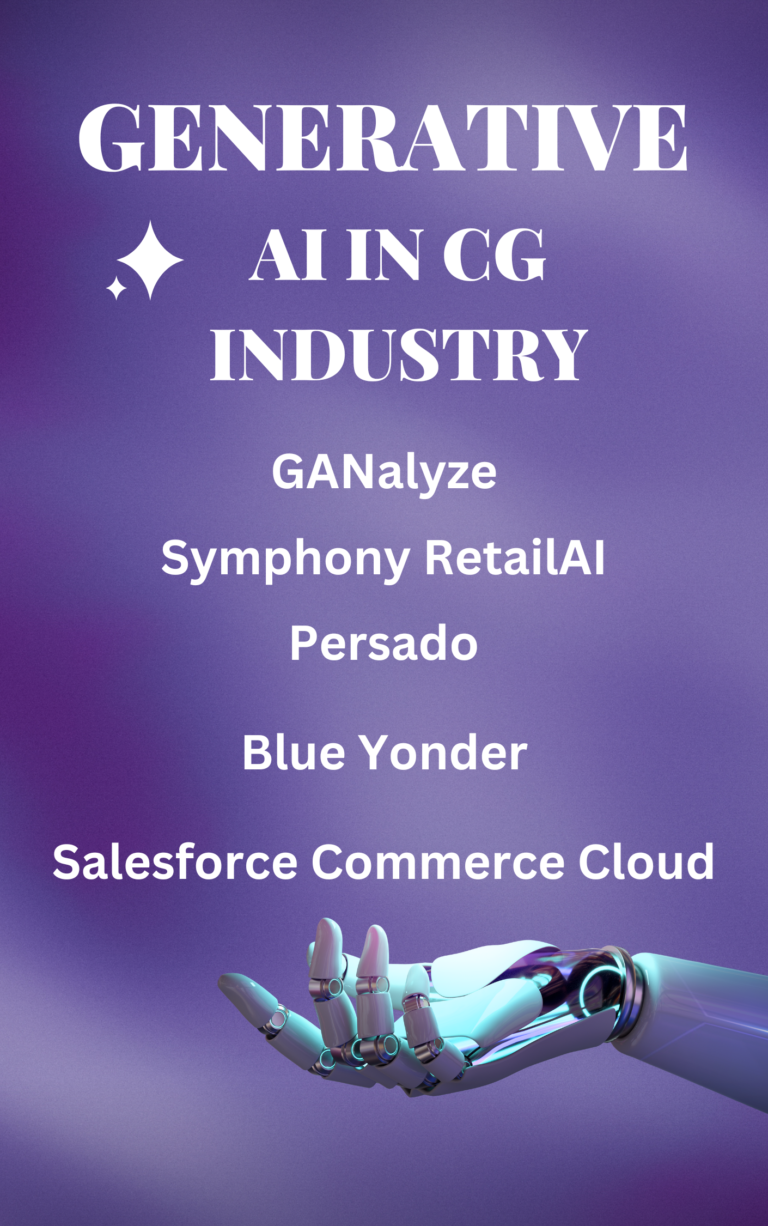
The consumer goods industry is a highly competitive space, with companies constantly seeking new ways to improve their operations and stay ahead of the competition.
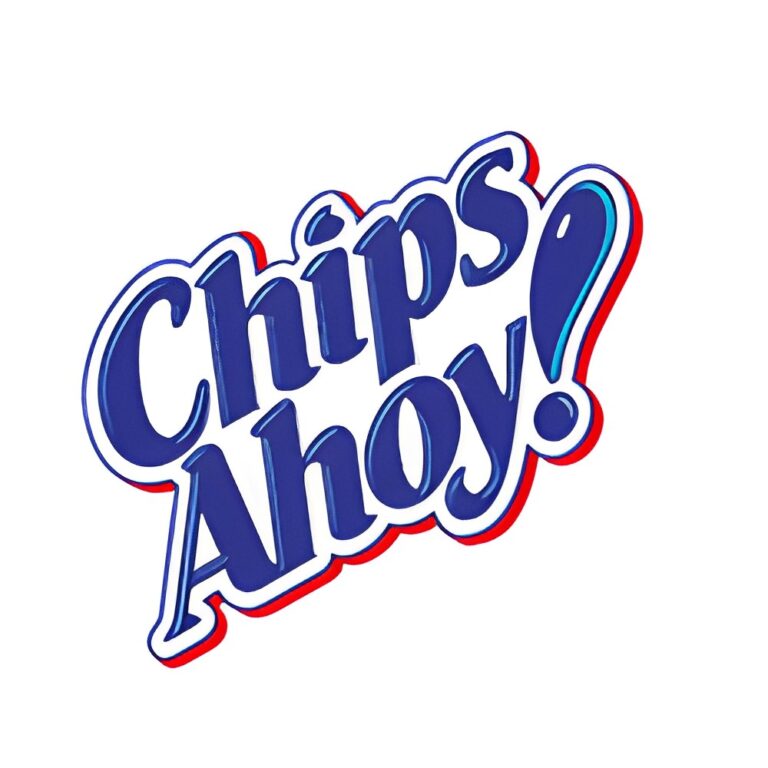
Chips Ahoy, a Mondelez-owned brand with a 60-year history, is transferring its linear television advertising expenditure to social and digital media in order to better target Gen Z customers.
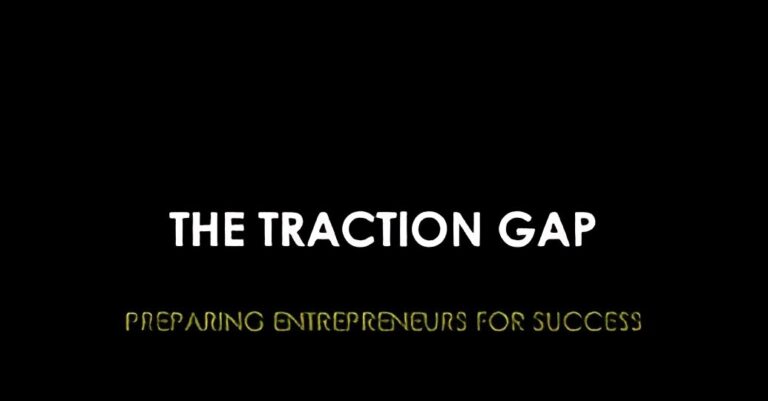
Startups are known for their innovative ideas, but taking those ideas from conception to market can be a challenge. The go-to-market phase, also known as the Traction Gap, is a critical period that destroys the vast majority of startups.
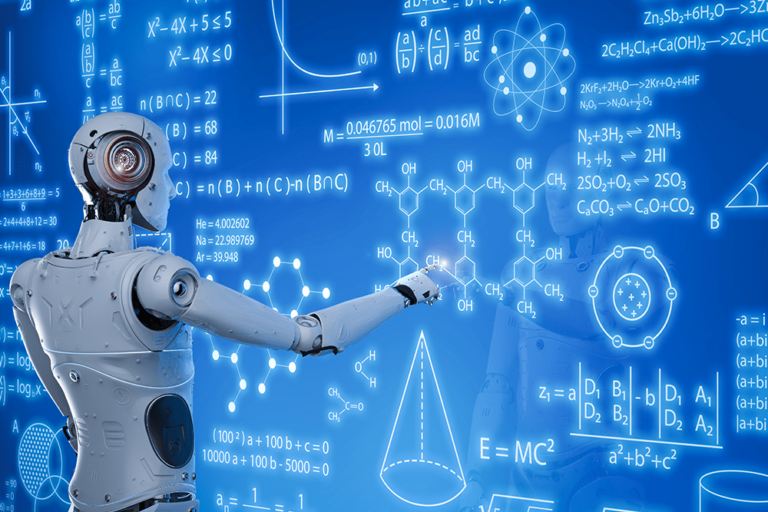
Unilever, which owns brands ranging from Dove to the high-end Tatcha and Hourglass Cosmetics, has been working on robots and artificial intelligence for use in product testing and development.
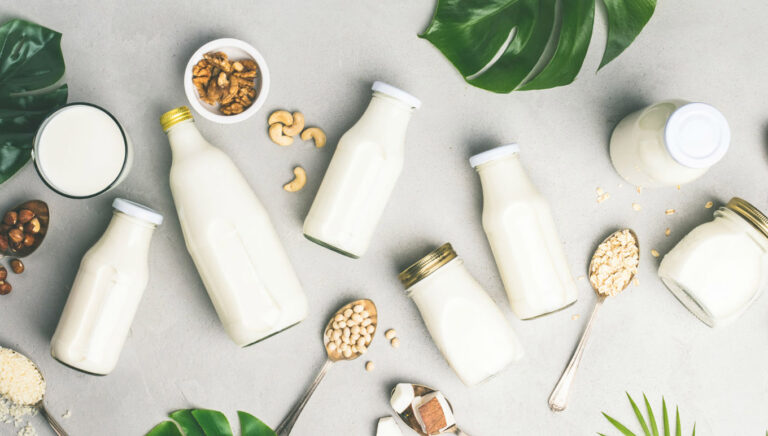
According to BENEO’s worldwide plant-based survey, 42% of US customers want to explore plant-based goods, but just 22% are flexitarians.
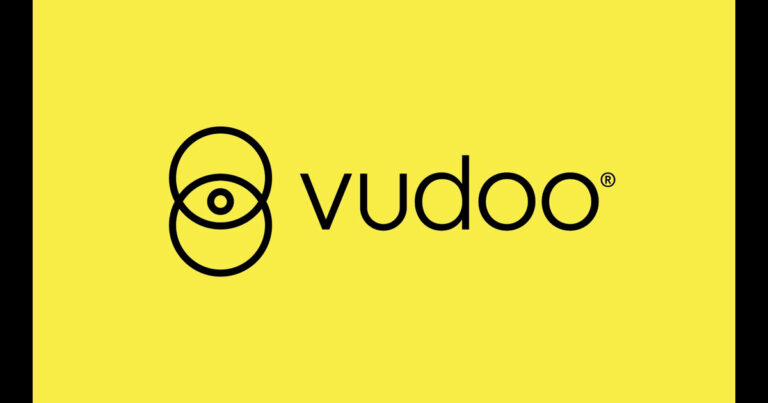
In 2023, video is the most popular marketing tool, yet standing out in today’s congested internet marketplace might be challenging.
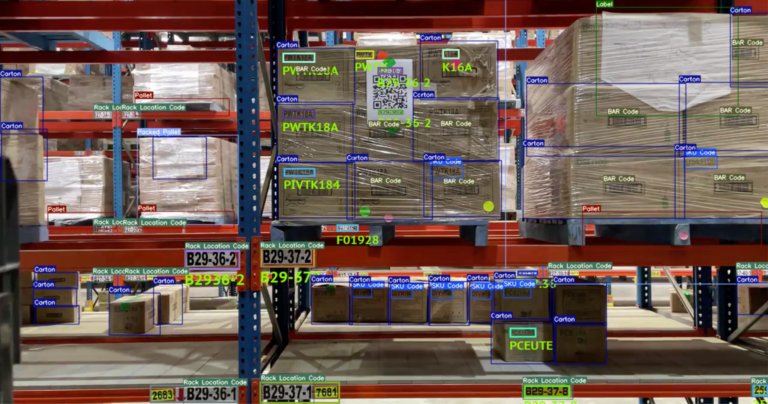
PepsiCo is collaborating with startup KoiReader Technologies to use artificial intelligence to increase operational efficiency and accuracy in its distribution hubs.
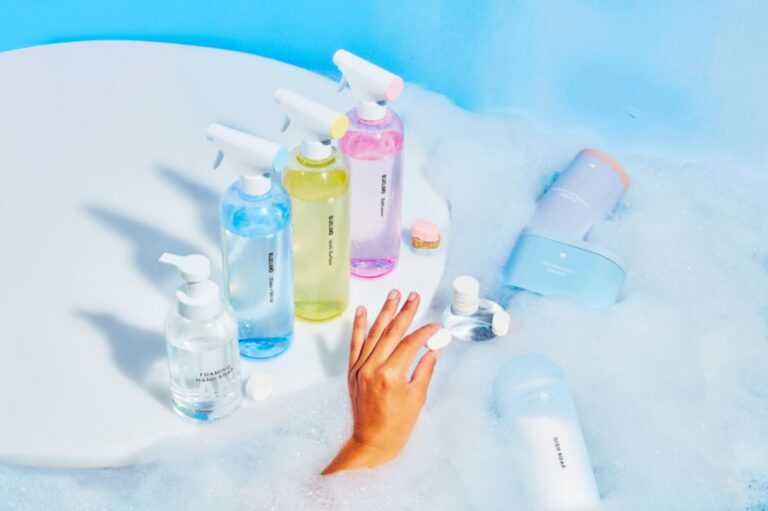
Blueland’s products are designed to reduce environmental impact by supplying refills for toilet bowl cleaners, mirror sprays, and body wash.
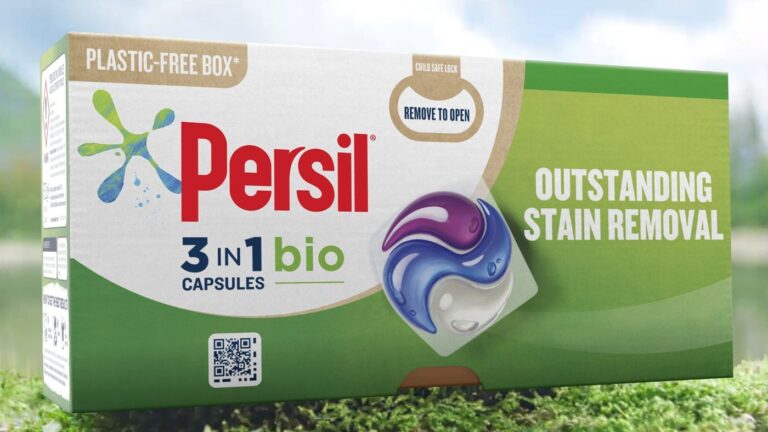
Persil has included upgraded QR codes on its packaging to assist blind and partially sighted individuals.
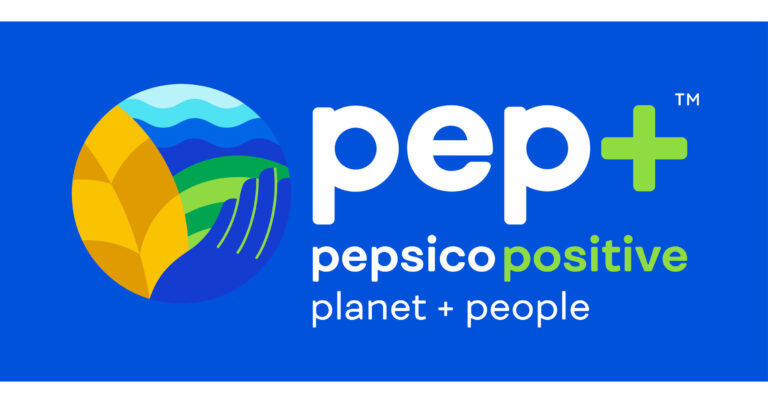
Pepsico, Purchase, NY, is elevating sustainable standards with its Pep+ (Pepsico Positive) initiative.
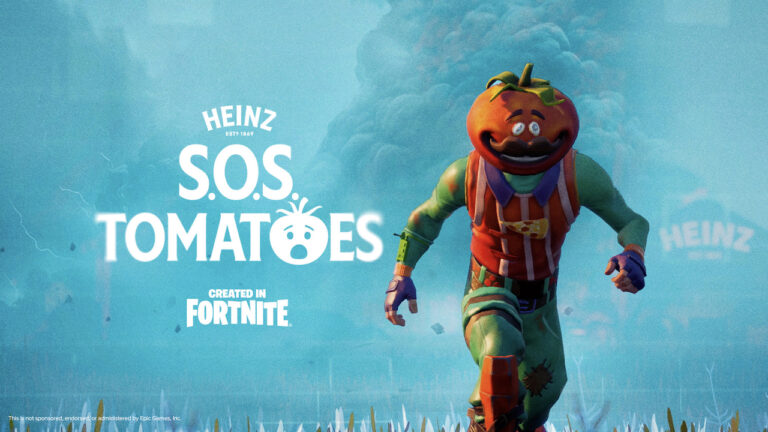
Heinz has returned to the virtual gaming realm to interact with Fortnite gamers about the importance of rich soil in global food networks.
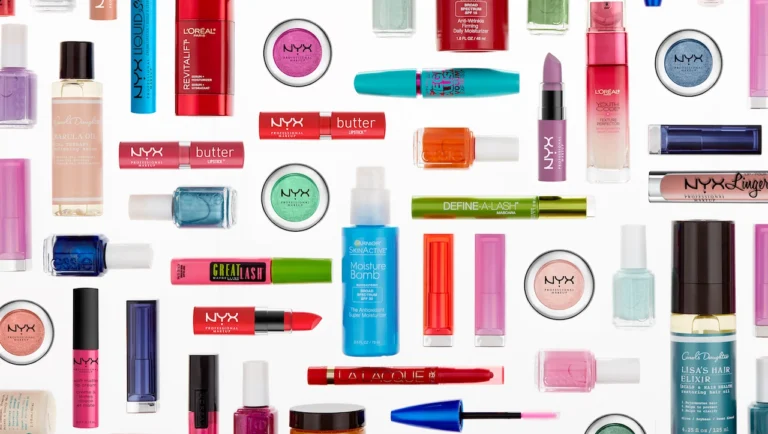
L’Oreal is undertaking more social listening this year to track emerging beauty trends and work out how its numerous brands might capitalise on them.
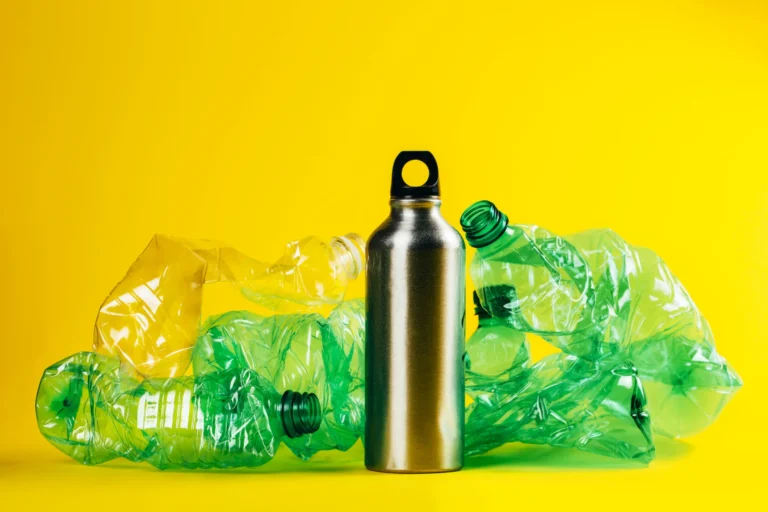
Over three-quarters of Americans are attempting to lessen their reliance on single-use plastic, and some have reintroduced the once-common habit of refilling containers rather than discarding them.
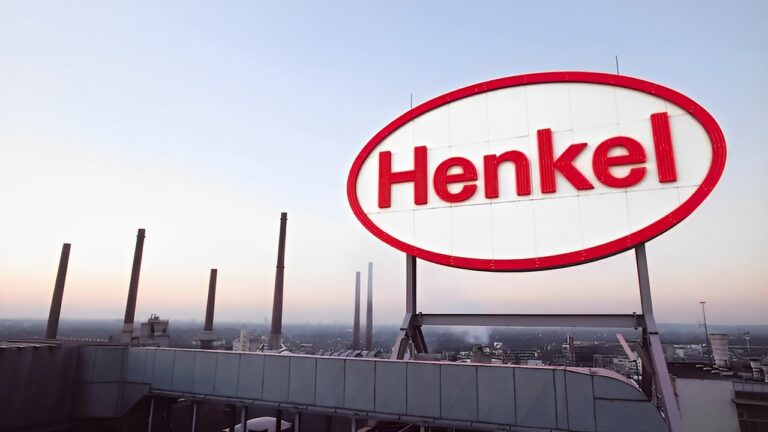
Over the past year, Henkel has made great strides towards creating a digitally enabled, simplified, and unified organisation.

Coca-Cola is asking consumers to utilise artificial intelligence techniques to develop new designs based on some of its iconic images, such as the traditional contoured bottle, soda-guzzling polar bears, and even Santa Claus himself.
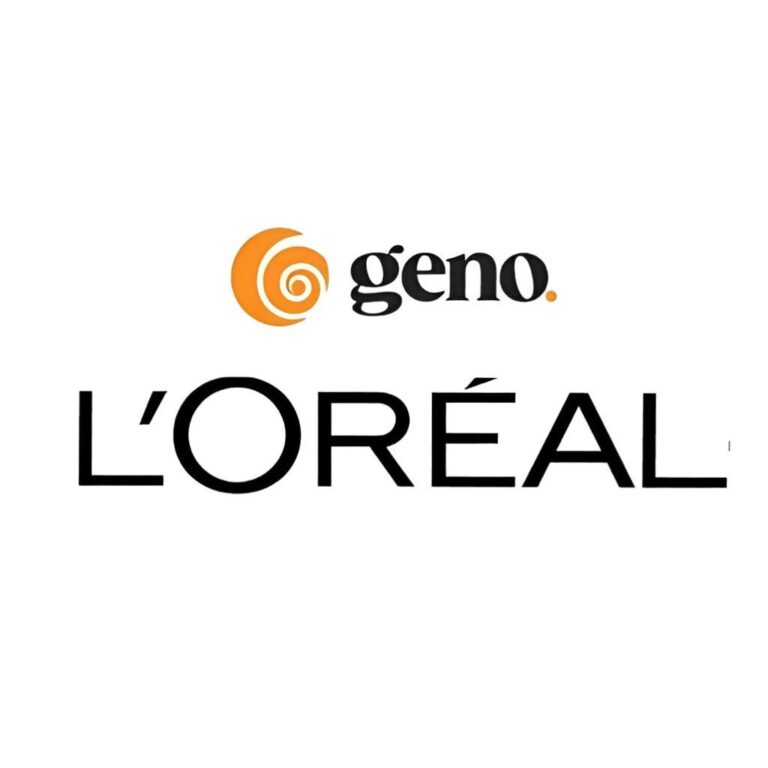
After the investment by Unilever and Kao Corporation in Geno’s endeavour to discover, produce, and market biotechnology-based replacements for essential components in the formulations of everyday cosmetics, personal care, and cleaning products, L’Oréal becomes the third and final funding investor.

Wendy’s has partnered with Google Cloud to pilot artificial intelligence (AI) technology at a company-operated drive-thru in June.

According to Daniel Heaf, Vice President of Nike Direct, omnichannel shoppers are “at least twice” as valuable as online-only shoppers for Nike.

Coca-Cola has signed a deal with California-based sales and marketing network Frutura to license its Minute Maid and Simply Select brands for use on fresh fruit.

Juice maker Ocean Spray, luxury retailer Neiman Marcus, packaging and paper company DS Smith, and material handling trade association MHI have joined the Supplier Leadership on Climate Transition collaborative.

Crocs, the footwear retailer known for its clog shoes, reported revenue of $884.2 million for Q1 2023, a YoY rise of almost 34%, driven by strong brand strength and new product introductions.

Coty, a beauty company that owns brands like Marc Jacobs and Rimmel, has partnered with 3D social platform Spatial to create an internal metaverse for upskilling its global workforce.

A San Francisco bar, Raven Bar, has created what it calls the first AI-created cocktail, ChatGPTini, on a bar menu in the city, using OpenAI’s ChatGPT language model.

Kimberly-Clark, the consumer goods company behind brands including Kleenex and Huggies, has reduced daily variability by 40% by using an AI-enabled tool to improve distribution planning and deployment.

Poul Weihrauch, the new CEO of Mars, has said that companies have a “moral” duty to reduce their environmental footprint amid the ongoing battle against climate change.

Resale is a niche market that is difficult to make profitable in the e-commerce space, according to experts.

Specialty menswear and rental apparel retailer Men’s Wearhouse has launched an online concierge tool called Wedding Wingman to help grooms choose their wedding outfits.

Consumer goods companies, including Nestle, General Mills, and AB InBev, are integrating an AI assistant that uses OpenAI’s GPT-4 language model for business intelligence discovery.

PepsiCo has launched pep+ Partners for Tomorrow, a digital platform to offer a range of sustainability solutions to its customers in the retail, foodservice and hospitality industries.

Consumer goods companies are increasingly seeing their supply chains as potential revenue generators, according to a report.

The consumer goods industry is a highly competitive space, with companies constantly seeking new ways to improve their operations and stay ahead of the competition.

Chips Ahoy, a Mondelez-owned brand with a 60-year history, is transferring its linear television advertising expenditure to social and digital media in order to better target Gen Z customers.

Startups are known for their innovative ideas, but taking those ideas from conception to market can be a challenge. The go-to-market phase, also known as the Traction Gap, is a critical period that destroys the vast majority of startups.

Unilever, which owns brands ranging from Dove to the high-end Tatcha and Hourglass Cosmetics, has been working on robots and artificial intelligence for use in product testing and development.

According to BENEO’s worldwide plant-based survey, 42% of US customers want to explore plant-based goods, but just 22% are flexitarians.

In 2023, video is the most popular marketing tool, yet standing out in today’s congested internet marketplace might be challenging.

PepsiCo is collaborating with startup KoiReader Technologies to use artificial intelligence to increase operational efficiency and accuracy in its distribution hubs.

Blueland’s products are designed to reduce environmental impact by supplying refills for toilet bowl cleaners, mirror sprays, and body wash.

Persil has included upgraded QR codes on its packaging to assist blind and partially sighted individuals.

Pepsico, Purchase, NY, is elevating sustainable standards with its Pep+ (Pepsico Positive) initiative.

Heinz has returned to the virtual gaming realm to interact with Fortnite gamers about the importance of rich soil in global food networks.

L’Oreal is undertaking more social listening this year to track emerging beauty trends and work out how its numerous brands might capitalise on them.

Over three-quarters of Americans are attempting to lessen their reliance on single-use plastic, and some have reintroduced the once-common habit of refilling containers rather than discarding them.

Over the past year, Henkel has made great strides towards creating a digitally enabled, simplified, and unified organisation.

Coca-Cola is asking consumers to utilise artificial intelligence techniques to develop new designs based on some of its iconic images, such as the traditional contoured bottle, soda-guzzling polar bears, and even Santa Claus himself.

After the investment by Unilever and Kao Corporation in Geno’s endeavour to discover, produce, and market biotechnology-based replacements for essential components in the formulations of everyday cosmetics, personal care, and cleaning products, L’Oréal becomes the third and final funding investor.
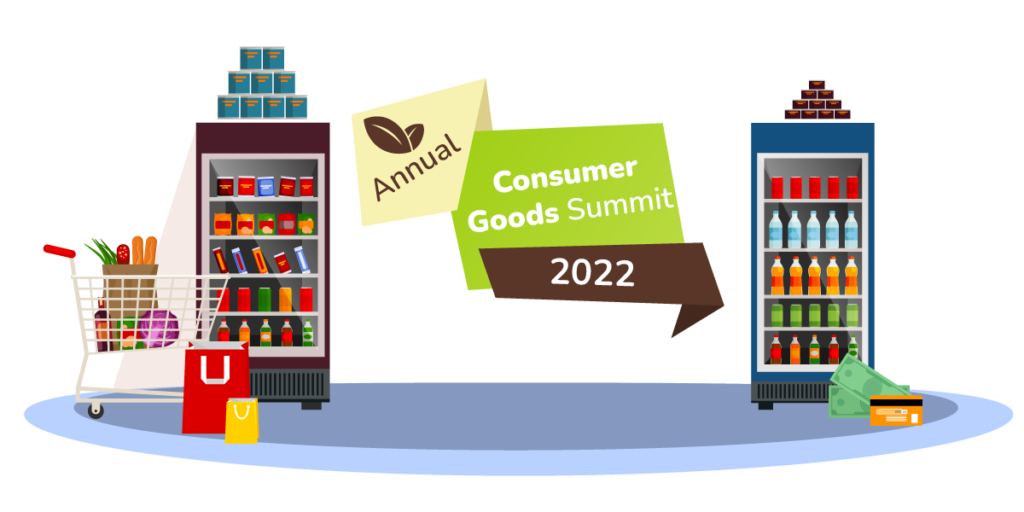
Consumer Goods industry will surpass $15T globally by 2025. However the old business model of mass distribution is about to become obsolete. Digital Transformation, Millennials and Gen Z effect, Direct to Consumer and Post-Covid World are going to reshape the winning formula for the new era CG industry. Our weekly newsletter covers global innovations and disruptions in CG industry.
ConsumerGeniuses is managed by IndustryGeniuses (A place where industries meet innovation). We are rolling out content platforms for the world’s hottest industries such as Food & Grocery Retail, Consumer Goods and Healthcare. For each of these key industries, we support Tech Startups and Industry Disruptors as they roll out next generation digital initiatives.
IndustryGeniuses team brings practical domain knowledge of working with 300+ tech startups and brands over the past decade.